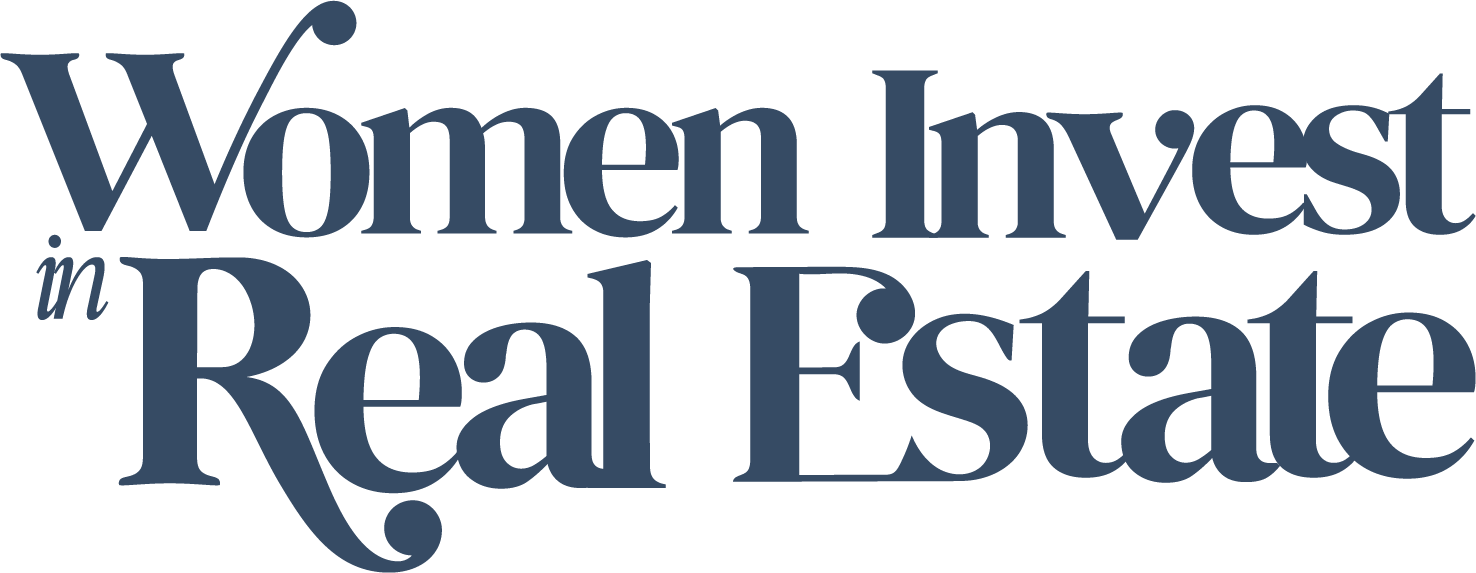Finances: Where to Start and What to Do
Knowing where to start when it comes to your finances can feel overwhelming. That’s why we’ve teamed up with Malia Gudenkauf, to spill the beans on how you can get your financial $h**t together! Learning how to break down your finances into manageable steps can make it more approachable, and honestly, save you tons of time. If you’re ready to get your financials in order, here’s where to start:
Assess Your Current Financial Situation:
Take stock of your income, expenses, assets, and debts. Create a detailed list of all your financial accounts, including bank accounts, retirement funds, investment accounts, and debts like credit cards and loans.
Set Financial Goals:
Determine what you want to achieve financially, whether it's saving for a down payment on a house, paying off debt, building an emergency fund, or planning for retirement. Having clear goals will help you prioritize your financial decisions.
Create a Budget:
Make a budget that outlines your monthly income and expenses. Allocate your income to cover essential expenses like housing, utilities, food, transportation, and debt payments, while also setting aside money for savings and discretionary spending.
Track Your Spending:
Monitor your spending to ensure that you're sticking to your budget. Use apps or spreadsheets to track your expenses and identify areas where you can cut back if necessary.
Need help tracking your small business account finances? Try Quickbooks. We love using QuickBooks to generate various financial reports, such as profit and loss statements, balance sheets, cash flow statements, and customized reports tailored to our specific needs. To get started with Quickbooks, click here to receive an exclusive 30% off your first 6 months!
If you find that your property management software doesn’t meet your financial and bookkeeping needs, try Baselane. It’s banking, online rent collection, bookkeeping, analytics and more, all in one place. Best of all, it’s specifically built for real estate investors, just like you! Open a Baselane account here.
Pay Off High-Interest Debt:
If you have high-interest debt like credit card debt, prioritize paying it off as quickly as possible. Consider strategies like the debt avalanche method (paying off the highest interest debt first) or the debt snowball method (paying off the smallest debt first).
Build an Emergency Fund:
Set aside money in an emergency fund to cover unexpected expenses like medical bills, car repairs, or job loss. Aim to save three to six months' worth of living expenses in a liquid, easily accessible account.
We personally use Ally and Capital One for our high-yield savings accounts (HYSAs), where you can earn up to 4.35% interest!
Save for Retirement:
Contribute to retirement accounts like a 401(k), IRA, or Roth IRA to build long-term wealth. Take advantage of employer matching contributions if available, and consider increasing your contributions over time.
Invest for the Future:
Once you've built an emergency fund and are contributing to retirement accounts, consider other investment opportunities to grow your wealth. Research different investment options like stocks, bonds, mutual funds, or real estate, and choose investments that align with your risk tolerance and financial goals.
Review and Adjust Regularly:
Regularly review your financial situation, goals, and budget to ensure that you're on track. Make adjustments as needed based on changes in your income, expenses, or financial goals.
Seek Professional Advice if Needed:
If you're unsure about how to proceed or need help with complex financial matters like tax planning or investing, consider consulting with a financial advisor who can provide personalized guidance based on your individual circumstances.
Looking for a financial educator? You can hire Malia and work with her 1:1! Reach out to her on Instagram or you can email her directly.
Not ready to hire someone but looking for more financial education resources? Check out these book recommendations:
Financial Feminist by Tori Dunlap
Psychology of Money by Morgan Housel
Getting your finances in order can feel daunting at first, but with the right knowledge and strategies, it's entirely possible to take control of your financial future. By assessing your current financial situation, setting clear goals, creating a budget, and tracking your spending, you can make informed decisions that align with your financial priorities. Remember that improving your financial situation is a journey, and it's okay to start small and gradually work your way toward your goals! The key is to be consistent and proactive in managing your finances. You got this!
Resources:
Connect with Malia on Instagram
Grab a copy of Financial Feminist by Tori Dunlap
Grab a copy of Psychology of Money by Morgan Housel
Listen to Malia’s Episode and leave WIIRE a review :)
Head to Quickbooks to receive an exclusive 30% off your first 6 months
Open a Baselane account, the #1 banking platform for real estate investors!
Try Capital One for your HYSA
Join WIIRE’s private Facebook Community
Connect with WIIRE on Instagram

